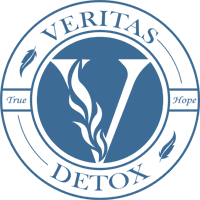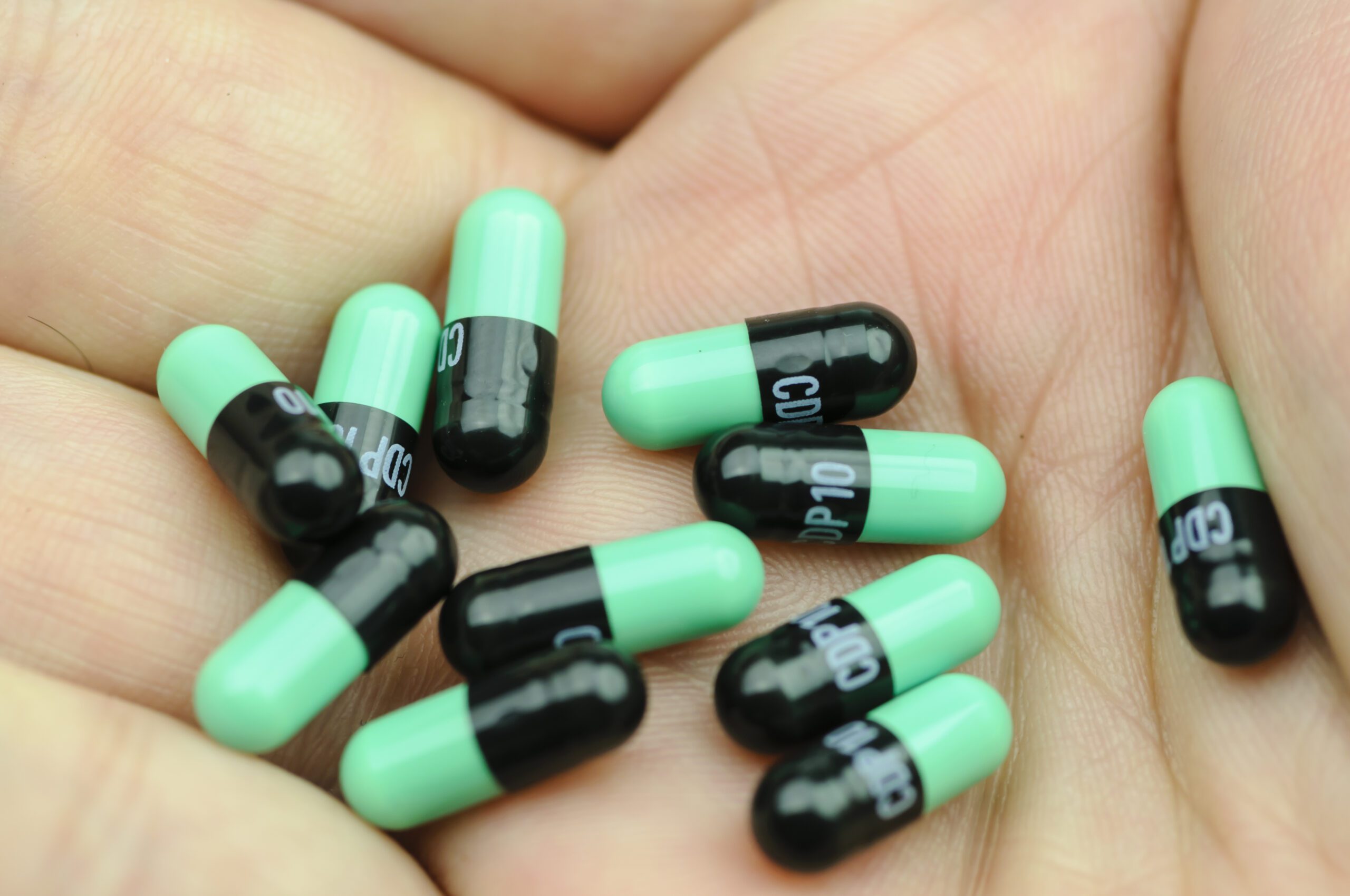There is a fine line between using medication and abusing it. For this reason, it’s normal to be worried if you or someone you love has just been prescribed an addictive medication.
If you are worried, then it’s justified. In fact, Data shows that every year, up to 16 million Americans misuse prescription pills. That’s close to 6% of the United States population.
But where does pill addiction begin? Let’s take a closer look at where the line gets crossed and what’s the best prescription pill addiction treatment if you or someone you love has crossed it.
Risks of Prescription Pills Addiction
Modern medicine has enabled us to treat a wide range of symptoms and conditions effectively with prescription pills. As long as prescription pills are taken as prescribed, they can be very beneficial to the patient. However, when taken out of order, they could pose a risk of addiction.
Prescription drugs can cause physical dependence and addiction because they activate the brain’s reward center.
Some prescription pills do not pose any addiction risk, while others are highly addictive. There are a number of prescription drugs that are highly addictive, including:
- Opioids
- Benzodiazepines
- Barbiturates
- Stimulants
Patients with a history of substance abuse or addiction might also be at greater risk of addiction to prescription pills.
Not only is prescription pill addiction a growing problem in America, but also overdoses. Opioids, mostly synthetic, remain the primary driver of overdoses in the United States; close to 75% percent of all drug-related deaths are caused by them.
Prescriptions Pills
Receiving a prescription for prescription pills could eventually lead to addiction if the medicine is not taken as prescribed.
Oftentimes, patients become addicted to prescription drugs because they play doctor at home. They do so by medicating on their own terms which can quickly lead to addiction.
In fact, between 21% and 29% of people prescribed opioids for chronic pain end up misusing them.
Tolerance for prescription drugs can build quickly, leading to dependence and addictive habits in patients who take higher doses more often than necessary. Changing the amount and recurrence of addictive prescription drugs should be discussed with the patient’s primary doctor and never decided by the patient or their family.
Self-Medication
Another factor that can contribute to the development of prescription pill addiction is self-medicating.
Unfortunately, getting prescription pills is sometimes easier than finding other illicit drugs. This is one of the reasons for their widespread prevalence.
People who are dealing with mental health issues such as anxiety, depression, or post-traumatic stress disorder (PTSD) may turn to prescription pills as a way to cope with their symptoms. Those same people might avoid a visit to the doctor for numerous reasons without realizing the potential risks and consequences of misusing prescription medications.
Peer Pressure
Addiction to prescription pills can also be sparked by peer pressure and the drug culture in America. Prescription pill abuse may be influenced by the portrayal of drug use in popular culture or by friends or family who are also taking them.
Pills like Xanax, Oxycodone, and Adderall are common prescriptions abused in popular culture.
Prescription Pill Addiction Treatment
Fortunately, prescription pill addiction treatment is widely available, just like treatment for other substance abuse disorders.
If you or a loved one is in need of prescription pill addiction treatment then the first step toward recovery is to consult with a healthcare provider or recovery expert on the most appropriate approach.
Our experts at Veritas Detox can help you or your loved ones get treatment for prescription pill addiction.
Contact us now to get a free assessment of your condition.



